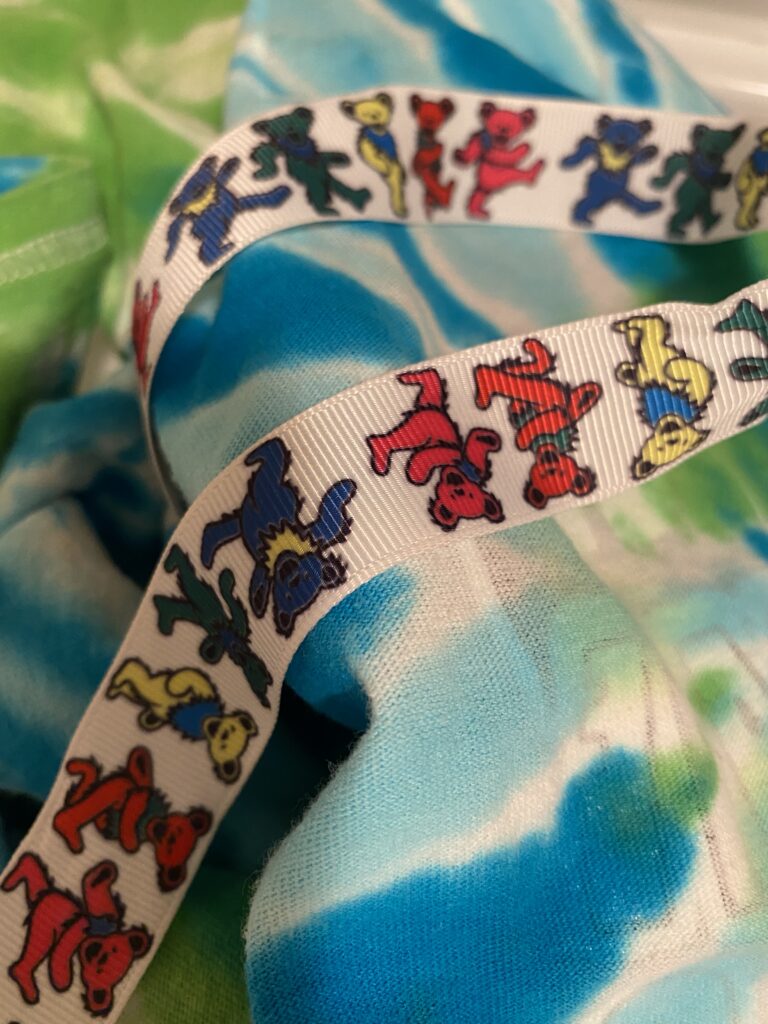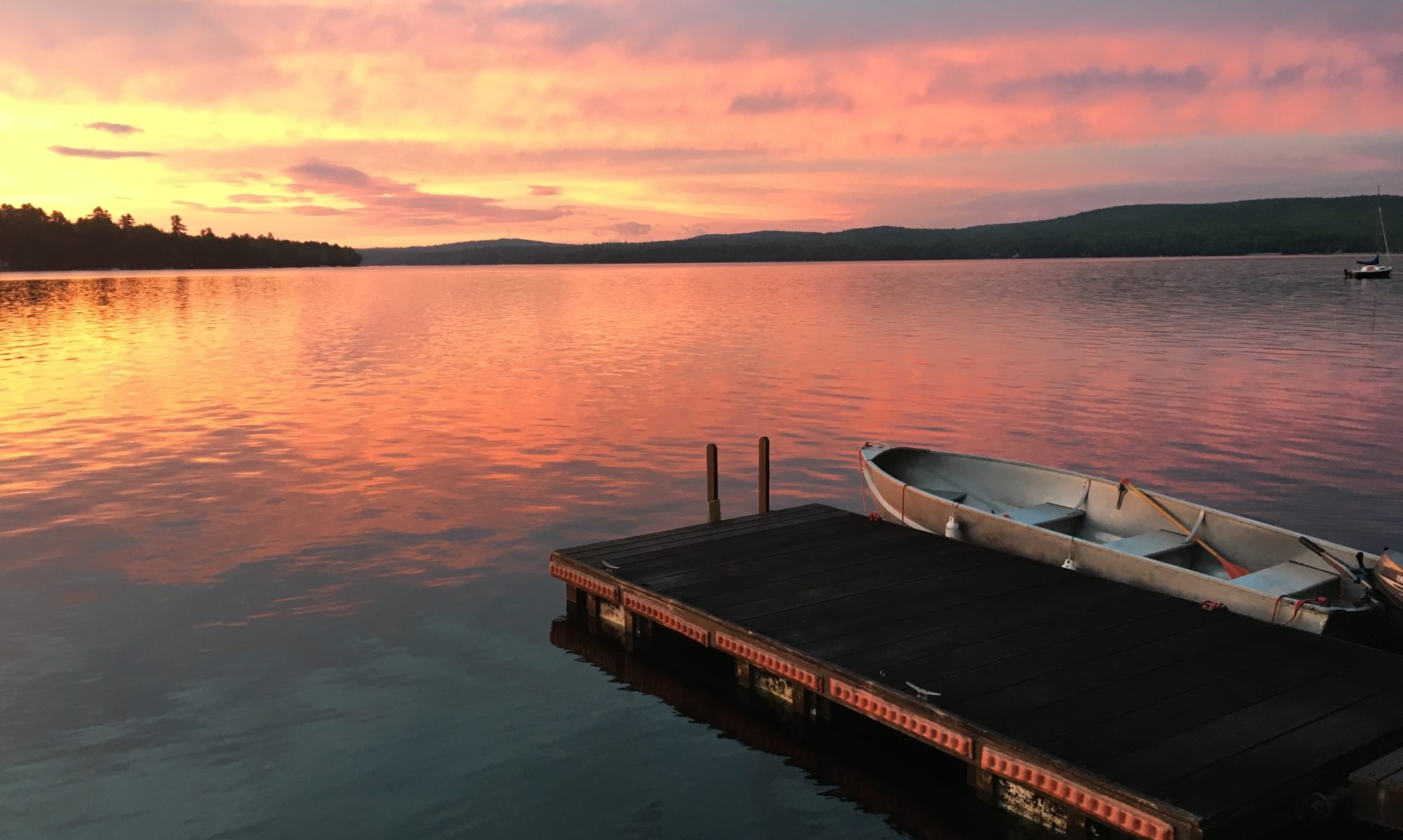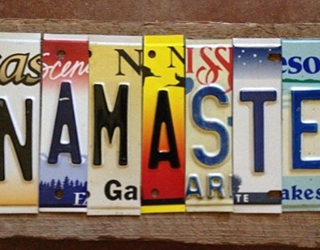Not the tie-dyed, acid-dropping, dancing-bear type of affair. An undertaking far more grave. A solemn, ponderous challenge: is it possible to be grateful about death?
Throughout my blurred twenties, I was a self-professed DeadHead. After attending twenty-plus concerts overlaid with as many years of hard drinking, I finally left the dead shows behind and went to the first 12-step meeting that would eventually become a way of life.

In that first meeting, in the flickering fluorescence of that dingy room at the back of a Dallas strip mall, an elderly woman with more wrinkles than a box of raisins told the group she was a grateful alcoholic.
Grateful? That she’s an alcoholic? How can that be? I asked the co-worker who had brought me to this cramped smoky space, with its rusty folding chairs scraping the chipped linoleum floor like nails on a chalkboard.
Stick around, she said, you’ll find out. And I have, for the past 23 years.
And over those years, I have grown to understand the incongruence of being grateful for things that at first seem horrible. Grateful that, in crossing over Rainbow Bridge, my 14-year-old golden retriever made space for two new rescue pups in the family. Grateful for the various running injuries that remind me to slow down and listen. Grateful to lose a steady paycheck but gain a deeper relationship with my mother, even as dementia slowly inhaled the life from her earlier this year.
These days, between waves of despair and grace, I am grateful for the quality of life and loving care my father—who penned a 700-page memoir entitled “Grateful Ned”—receives as he burrows deeper down the tunnels of assisted living and hospice.
Because in the end, I am grateful. For the life my parents gave me, and for the lessons I learn in death.

